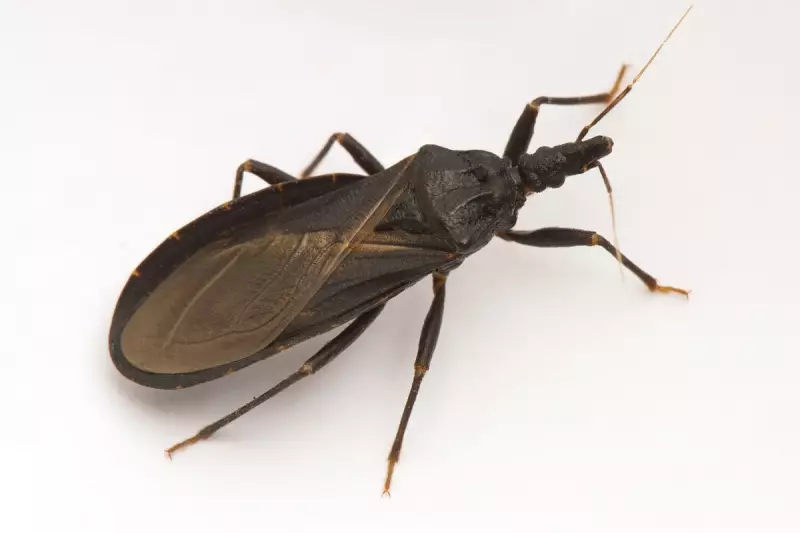
Health authorities in California have issued a stark warning to residents after confirmed sightings of dangerous triatomine bugs, commonly known as "kissing bugs," across Southern California. These insects carry a potentially fatal parasitic disease that could have devastating long-term health consequences.
Silent But Deadly: Understanding the Threat
The kissing bug earns its ominous nickname from its tendency to bite humans around the mouth and face while they sleep. The real danger, however, comes from the parasite Trypanosoma cruzi that these insects can transmit through their faeces.
When the bug bites and subsequently defecates near the wound, the parasite can enter the victim's bloodstream if they inadvertently rub the faecal matter into the bite or their eyes.
The Chagas Disease Time Bomb
Initial symptoms often appear mild – fever, fatigue, body aches, and rash – leading many to dismiss the infection. However, the disease can lie dormant for decades before causing severe cardiac complications, including:
- Irreversible heart damage
- Heart failure
- Life-threatening digestive system complications
- Sudden cardiac arrest
What makes Chagas disease particularly concerning is that approximately 30% of infected people develop these serious chronic conditions years after the initial infection.
California's Growing Concern
While traditionally associated with Latin America, where Chagas disease affects millions, the discovery of these insects in California marks a significant shift in the disease's geographical spread. The bugs have been identified in multiple Southern California counties, raising alarms among health professionals.
"The presence of these bugs in California is a serious public health concern," stated one epidemiologist. "Many doctors aren't familiar with Chagas disease, which means cases could be misdiagnosed or completely overlooked."
Protection and Prevention Measures
Health experts recommend several precautionary measures:
- Seal cracks and gaps around windows, walls, roofs, and doors
- Remove wood, brush, and rock piles near your home
- Use screens on doors and windows and repair any holes
- Have pets sleep indoors, especially at night
- Keep outdoor lights away from your home (they attract the bugs)
If you suspect you've found a kissing bug, health officials advise against touching or squashing it. Instead, place a container over the bug, slide it inside, and fill the container with rubbing alcohol. Alternatively, take a clear photo and contact your local health department for identification.
With climate change potentially expanding the habitat range of these insects, health authorities are urging both medical professionals and the public to become educated about this emerging threat to California's public health.





